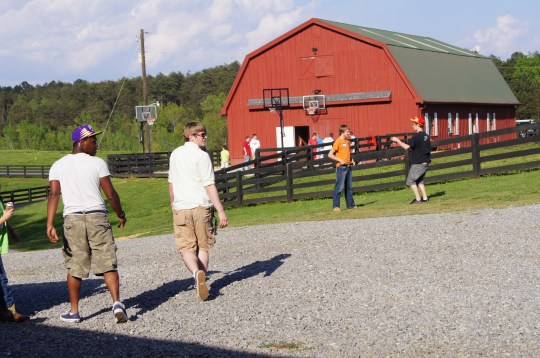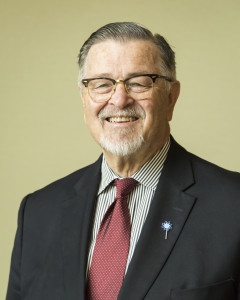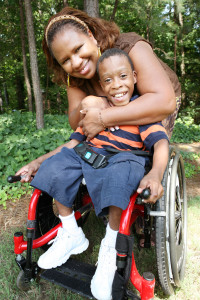Georgia programs that provide child welfare services for kids who are under state supervision say they’ve been underpaid for years.
A memo from a state official agrees with them.
Cliff O’Connor, chief financial officer for Georgia DFCS, reported in the June memo, obtained by GHN, that those organizations providing child placement services and group settings for foster kids are not getting enough compensation from the state.

The memo, written in June, recommended the state close a 13.07 percent gap for these providers over three years, along with inflation adjustments, which would be 6.46 percent per year.
These agencies and organizations place foster kids in family or group settings, and run group homes of varying sizes for children in state custody. The DFCS memo followed a federal order for Georgia to review the adequacy of its foster care rates.
O’Connor’s recommendation was not included in DFCS’ formal budget proposal for fiscal 2018. “However, we have shared the recommendation with the governor’s office,’’ says DFCS spokeswoman Susan Boatwright.
These providers “are woefully underpaid,’’ says Ron Scroggy, executive director of Together Georgia, an alliance of organizations providing child welfare services.
“Providers have to raise money to cover the cost of this care,” Scroggy says.
He estimates that these providers serve 4,000 to 5,000 kids in foster care or group home situations.

More than 80 of these youth are served by Goshen Valley, which operates a boys’ ranch and other programs in Cherokee County, north of Atlanta. “All of my costs have gone up, and my reimbursement has effectively not gone up’’ over the past nine years, says John Blend, the founder of Goshen Valley. “It has been a significant struggle.”
The demand for these services has never been higher, Blend adds.
Another child services organization, Atlanta-based Childkind, provides foster homes, case management and nursing for foster children who have complex medical care needs.

“Through the recession, rates going to providers have stagnated,’’ says Karl Lehman, Childkind’s president and CEO.
He says that in 2014, Georgia had the eighth-largest child population among the states, but ranked 25th in funding for child welfare.
“I understand that some organizations are financially stressed,’’ Lehman says. “If you can’t raise the money from the community, it makes it very difficult to provide the services.”
DFCS says these organizations received a 1.5 percent increase for the current fiscal year – that’s the only one in recent years other than a 3 percent increase in fiscal 2014.
The current rate structure has been in place since 2008, and while providers received small increases – 4.5 percent total during recent budget cycles – the rates have not increased enough to keep pace with inflation, Boatwright says.

“We will continue to work toward an equitable long-term resolution to this issue,” she says.
The state recently increased funding for caseworkers under DFCS after its large job vacancy rate and high turnover were reported.

GHN reported last year that additional DFCS workers had been hired, caseloads had dropped, and recommendations from a reform council were being enacted.
Georgia’s Division of Family and Children Services had been under pressure for some time, with high caseloads, stagnant pay and low morale among its workers. The especially horrific deaths of two children in recent years — which led to homicide cases — brought more public and legislative attention to the program.
“The state was in a deep hole’’ when it came to the number of caseworkers, Lehman says. The infusion of funding, he adds, “is helping a lot.”

